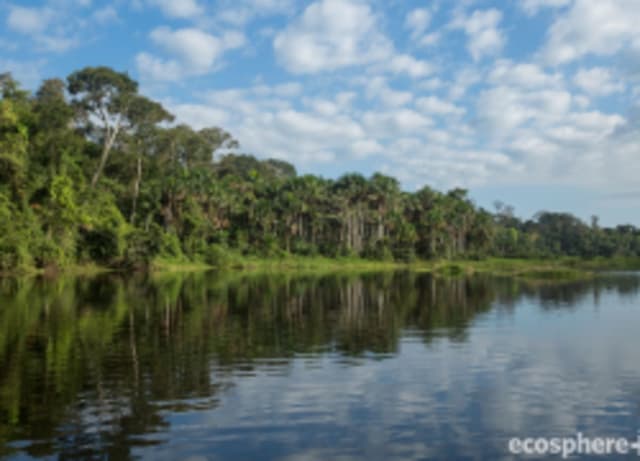Go the extra mile
Towards a cooler planet
Climate change, city living and our carbon footprint
It might not feel like it right now as we’re still currently going through a global pandemic but climate change is the biggest emergency we have ever faced.
Human emissions of greenhouse gases – carbon dioxide, methane, nitrous oxide and others have increased the global average temperature by around 1 degree Celsius since pre-industrial times.
The UN member states pledged in the Paris Agreement to take measures to reduce greenhouse emissions and limit global warming to way below 2 degrees Celsius.
We are not on track to meet this target and many believe that 2 degrees is still too much.
The changing climate is impacting us all to some degree, contributing to extreme weather including heat waves, floods, storms and droughts. These extremities have far reaching consequences including ocean acidification, the loss of plants, animals, wildlife, biodiversity, whole ecosystems, famine, water crises, the loss of life, homes, livelihoods and more. These events will continue and are likely to accelerate and intensify if we continue on the same trajectory.
Whilst some people in this lifetime may be left relatively unscathed many, particularly those in developing countries and rural areas, will lose their lives, homes and livelihoods. Our children and the generations after us will suffer the consequences of our actions (or inaction).
Over the next 30-40 years the World’s carbon footprint needs to be reduced by 80-90%. Governments and policy makers have a key role to play in driving an environmental agenda but the political landscape is complex, with government and industry financial investment still very much tied up in fossil fuels. There is a responsibility on each and every one of us to be mindful of our consumption of the world’s resources.
We as individuals, families, members of communities, groups and organisations, are in a position to significantly reduce our carbon footprint through lifestyle choices and through encouraging and inspiring those we are close to (look out for future posts on ways to reduce your carbon footprint).
What does this have to do with living in the city?
There’s no denying that living in the city has a lot of plus points. There’s lots going on, an eclectic mix of people and cultures, fun things to do, great food options, fast transport links and a good selection of goods and services to enjoy and consume! With this in mind, it doesn’t take a massive leap of imagination to understand why my (and other city residents) carbon footprint is way higher than average. Cities are home to 60% of the global population, high economic activity and energy use.
Those of us living in cities and suburban areas have a distinct opportunity to dramatically reduce the amount of carbon emissions released into the atmosphere (and by extension limit global warming), by reducing our own personal carbon footprint on the world.
A study of 13,000 cities undertaken by the Norwegian University of Science and Technology estimated that the top 100 cities with the highest carbon footprints, containing just 11% of the world’s population, accounts for almost 20% of the global carbon footprint.
This means that globally a disproportionately high amount of carbon emissions are produced by a small number of dense, affluent cities and suburbs. What’s more, in most countries, one quarter of the entire country’s national emissions is driven by their top three cities.
Ranked at number 16 within those 100 cities was London, with the highest carbon footprints worldwide attributed to:
- Seoul (South Korea),
- Guangzhou (China),
- New York (US),
- Hong Kong (China).
To take a look at the rankings take a look at the key findings of the study.
Lifestyle choices
Beyond mainstream activities like recycling and using our reusable coffee cups, it’s not always easy to commit the time in our busy lives to understand what we can do to proactively make environmentally responsible lifestyle choices
Collectively, city dwellers’ carbon footprints are comparable to the world-wide industry related emissions. Much of these emissions are driven by households including significant indirect emissions embodied in supply chains e.g. travel, food, and imported goods. There is a huge opportunity for city residents to have an impact on driving down overall carbon emissions through changes to our lifestyles.
We need to make those choices easier, by debating which companies are really committed to sustainability, what products and services are eco-friendly and which are definitely not, who is committed to ensuring their products are kind to animals and the environment and makes use of recycled and recyclable materials in their packaging.
Being environmentally conscious and making informed lifestyle choices will positively impact the World, our communities and immediate surroundings for ourselves, families and for future generations.
17 South Street
Auckland 1010
New Zealand
info@carbonclick.com- -
- X
Sign up. Be inspired. Get clicking.
Subscribe now to stay up to date with CarbonClick, carbon offsetting and climate action.
By signing up you agree to our Privacy Policy.


